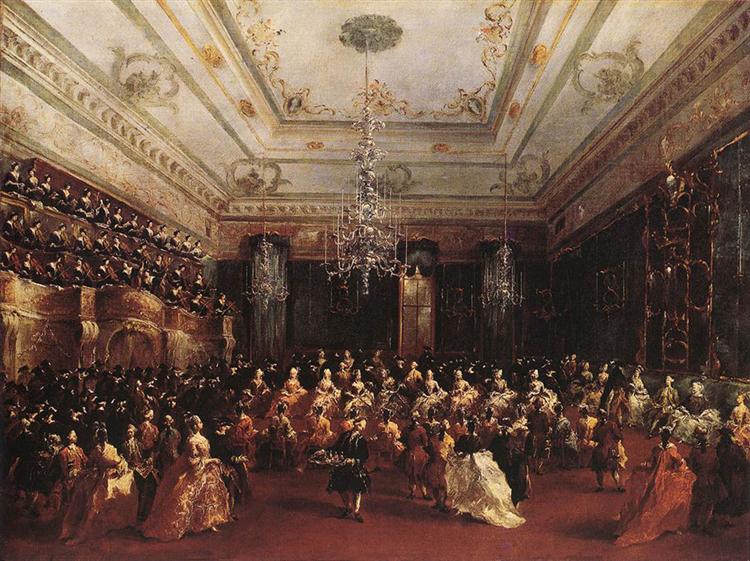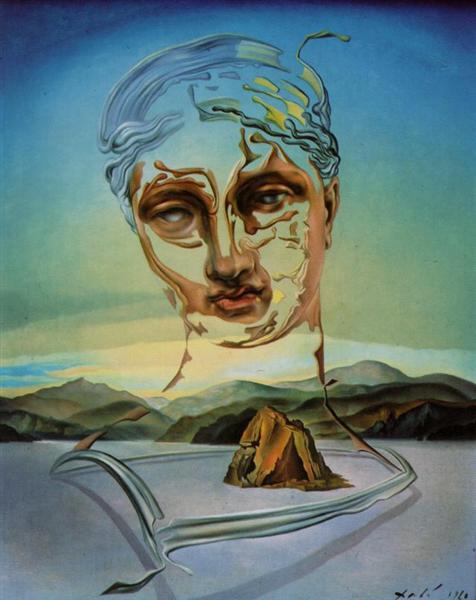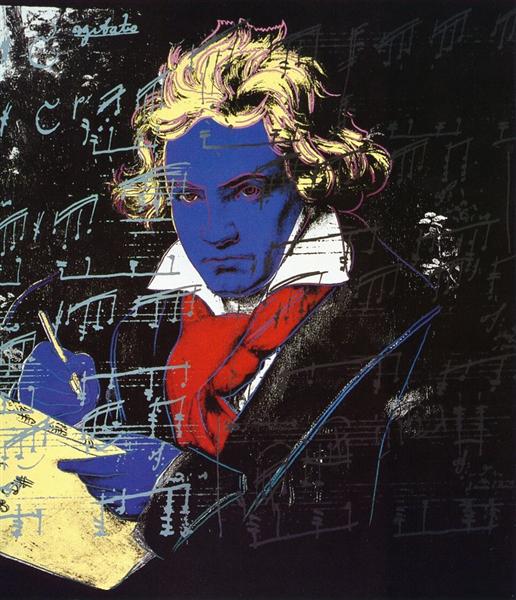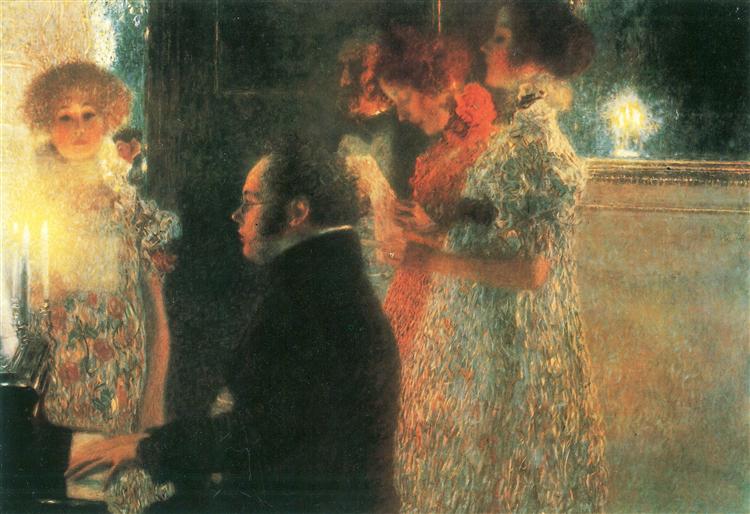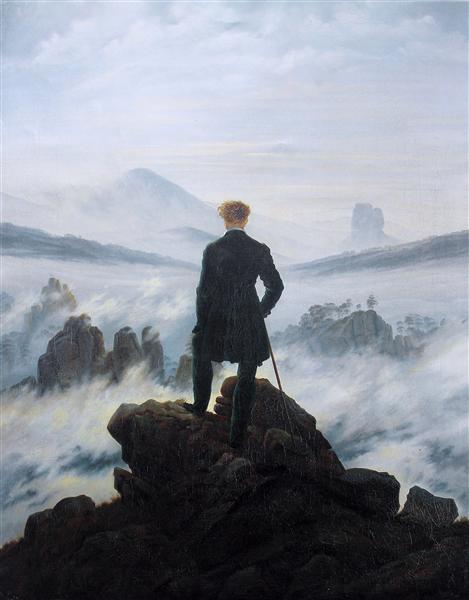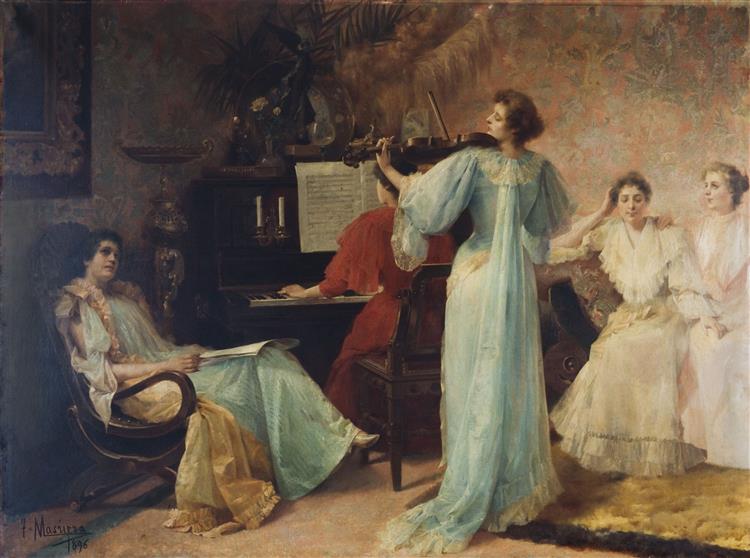D 894, October, 1826, Schubert would’ve
known he was about to die, he was 29,
he would die two years later, November,
1828, you can hear it, his encounter with
Heaven
this is not merely entertainment, this is
contemplation, a description of what he’s
seen at the Celestial Gates, you can
actually hear the stars twinkle in their
great expanse of infinity from the very
first movement
later, dance rhythms suggest an embrace,
an embrace as a symbol of acknowledgment,
acquiescence, acceptance, welcome, into
the Beyond, whatever you might want to
call it
Beethoven confronts God, Schubert describes
his personal death experience
but that’s not one, but a couple of other stories
R ! chard

